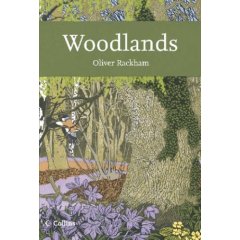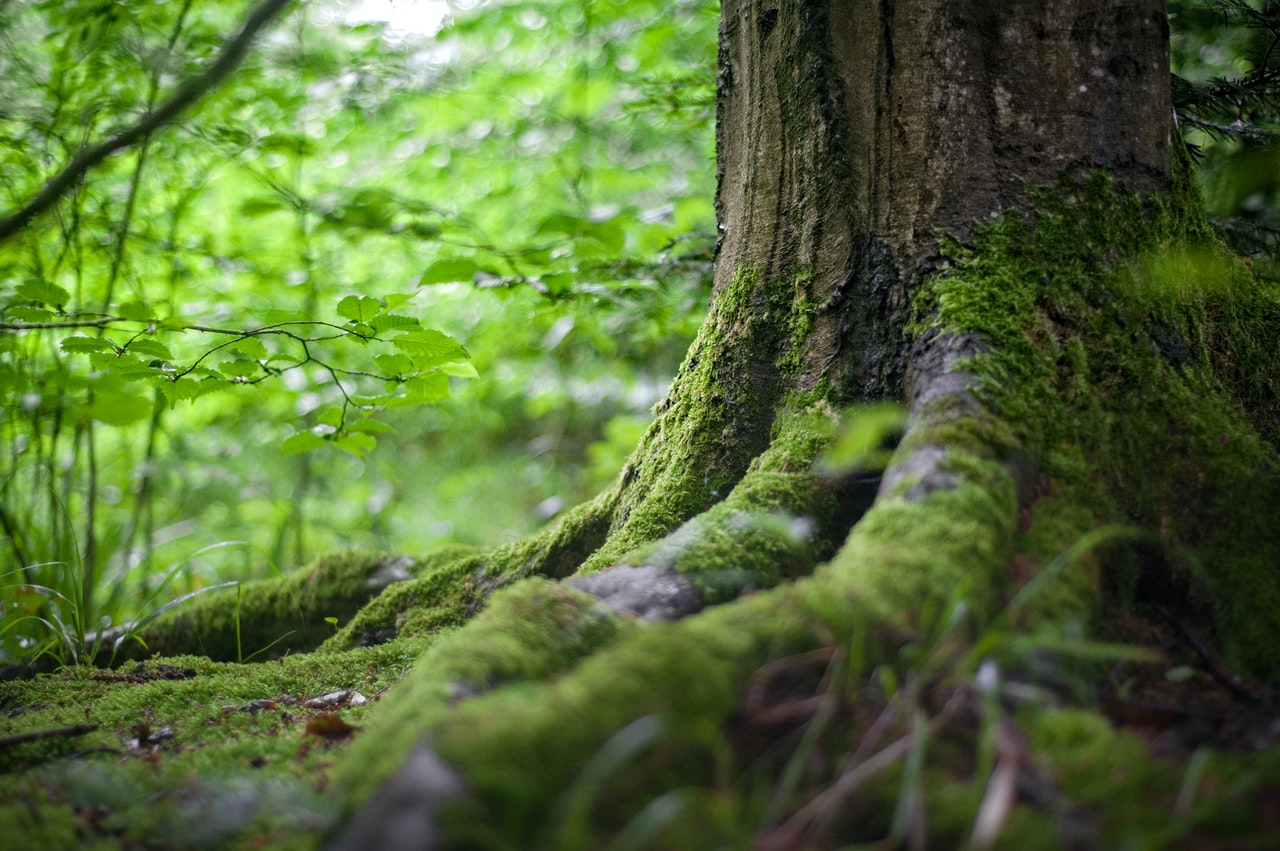Oliver Rackham – Woodlands
- Complaining about the Mainland - 17th August, 2024
- New island designation – is it just greenwash? - 26th April, 2024
- Police and Crime Commissioners – a solution or a problem? - 21st April, 2024
Book reviews by guest blogger Ray Harrington-Vail of the Footprint Trust Anyone who has a deep interest in the history of Britain’s woodlands and landscape would have read at least a couple of Dr Rackham’s excellent books. His most famous is The History of the Countryside (Dent 1986) which gives the reader a real insight to just how our landscape came to be. His work Trees and Woodland in the British Landscape (Dent 1976) is long accepted as the best work on the subject, being both a comprehensive history of Britain’s woodlands and a fieldwork guide that presents trees individually and as part of the landscape.
After many years we now have Woodlands, part of the famous Collins New Naturalist series. It’s been quite a wait for Rackham fans but worth every minute. This new work focuses on new historical discoveries and theories. It puts woodlands within today’s context. In previous books the then current issues of inappropriate management by bodies, such as the Forestry Commission and the National Trust, and the threat of acid rain are mentioned. We now have Climate Change and the ongoing march of over-development. The carbon neutral con-trick is highlighted by Dr Rackham. He points out that planting trees cannot stop climate change, as they can’t live long enough. He continues to point out the dangers of inappropriate tree planting and the need to manage and sustain our woodland heritage. The ongoing menace of grey squirrels also gets a mention. This book, aimed at the non-specialist, investigates what woods are and how they function. In lively style, Rackham takes us through how woods evolved and how they are managed. Basic botany such as understanding roots, longevity and tree-rings are covered. The book, illustrated with colour photographs, includes the outline of woodland history, pollen analysis and wildwood, archives of woodland and how to study them, different types of woodland, and the rise and fall of modern forestry. A book well worth the wait, and recommended.



If he didn’t say it O.R. may well have agreed that in retrospect “Plant a Tree in ’73” might read “Spread Tree Disease in ’73”. Instead of rushing to ‘make things better’ perhaps we should just allow room for nature. Sorry.